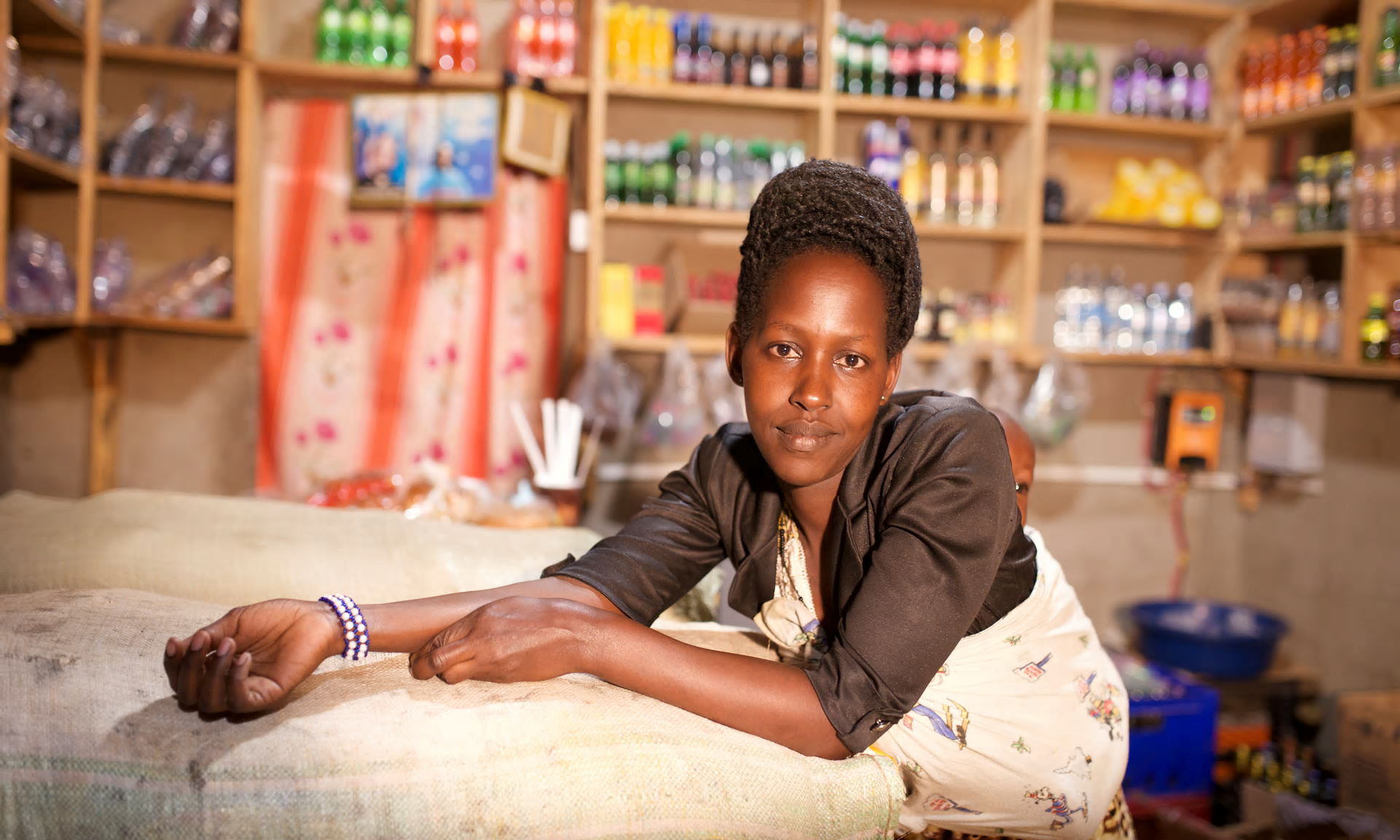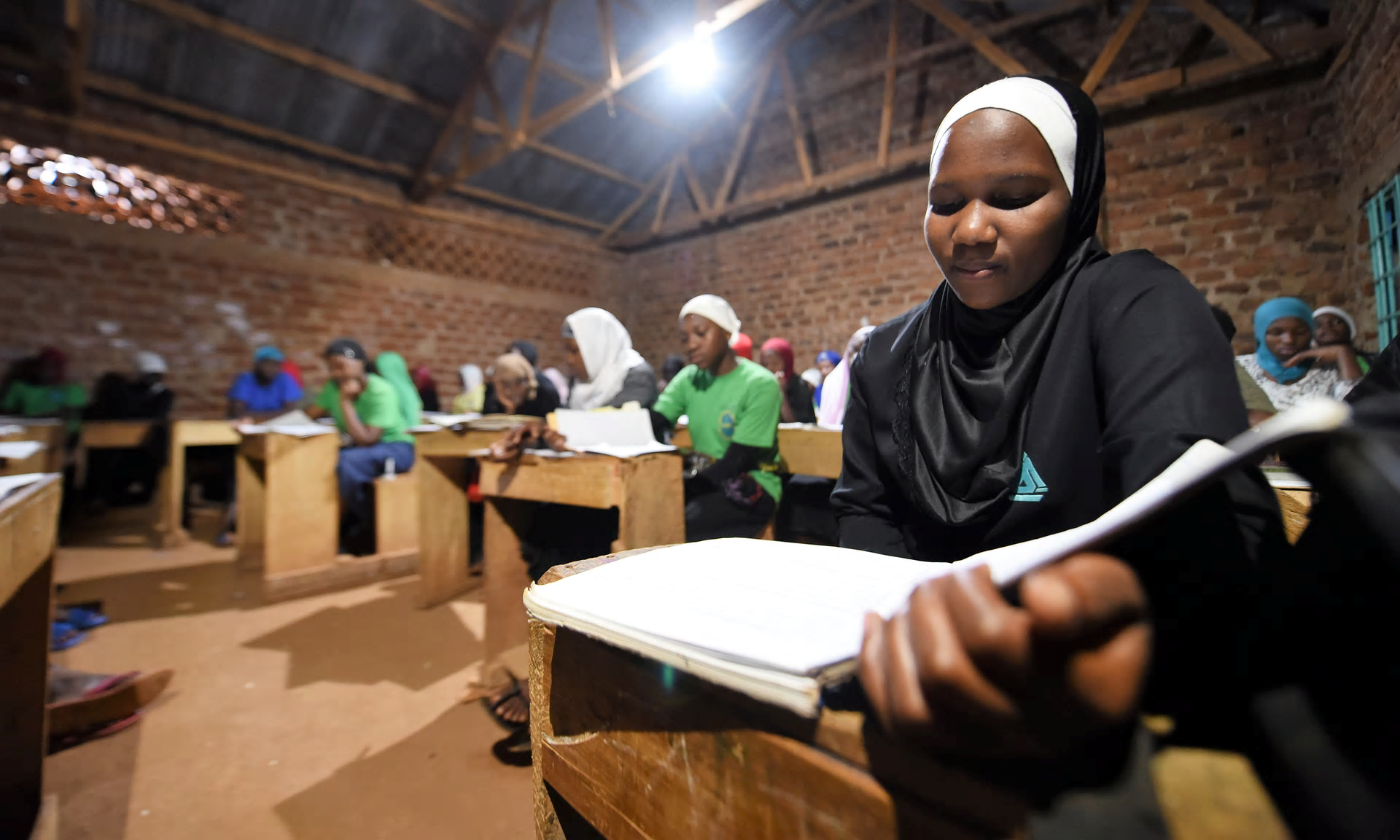PBS: Escaping Eritrea … [Read More...] about ካብ ውሽጢ ቤት ማእሰርታት ኤርትራ
How investing in solar energy can create a brighter future for Africa
Rupert Jones | Friday 15 December 2017 | The Guardian
A new scheme aims to lighten the lives of millions who live without electricity, with the promise of a possible 6% return

How would you like to earn a return of up to 6% on your cash while at the same time providing families in countries such as Kenya with “life-changing” access to clean, affordable solar energy?
Energise Africa is a new ethical investment scheme which aims to raise £20m to provide a brighter future for more than 110,000 families and small businesses in sub-Saharan Africa over the next three years.
Investors will find some reassurance that it is supported by UK aid money from the Department for International Development (DfID). And what is also notable is that, unusually, some of the investments on offer benefit from what is known as “first loss cover” – which means that if the worst were to happen, and the company was unable to pay back what it owed, individual investors would be prioritised ahead of DfID, thereby providing an extra level of protection.
With a minimum investment of £50, it is a potentially straightforward and accessible way for people to make sure their money is doing some good. However, this is not risk-free, and the returns are not guaranteed. In the worst-case scenario, if there was some kind of disaster/crisis/bankruptcy, you could lose some or all your capital, and you would not be able to get redress from the UK’s Financial Services Compensation Scheme or complain to the Financial Ombudsman Service, so you need to go into this with your eyes open.
Currently 600 million people in sub-Saharan Africa live without access to electricity. For example, in Uganda, the figure is just 7% of rural families. Many use traditional energy sources such as kerosene lamps, candles and batteries for their energy needs – but these can be extremely hazardous, as well as costly. Lamps and candles have been responsible for many house fires, while soot and fumes can cause health problems. Having a solar system can transform people’s lives in so many ways – allowing children to read and study in the evening, enabling families to charge their mobile phones, or enabling a stallholder to install a fridge so they can sell cold drinks.
Energise Africa is an initiative that provides working capital to businesses that sell solar home systems, the result of a link-up between Ethex, a UK-based ethical investment platform, and Lendahand, a Dutch-based crowdfunding platform. It was “soft launched” in the summer and is also being backed by Virgin Unite, the non-profit foundation of the Virgin Group.
So what’s the deal? This involves investing in unsecured bonds that are not listed on a public market in return for an expected 4% to 6% annual return.
Basically, you are lending money to businesses that sell small solar systems to families throughout sub-Saharan Africa. UK investors can deposit small or large sums in one or more projects, and the term of the investment is typically either two or three years. Once the project is fully funded, the money is transferred to the solar business.
Every six months investors will receive both interest and a capital repayment from their chosen business.
The loans provided to the businesses are then used to buy solar home systems, which are then sold to African families via a financing plan. Typically, a family makes monthly payments over 12 to 24 months, and then owns the system outright.
At the time of writing there were two projects open for investment, both of them featured on the Lendahand.co.uk website and benefiting from match funding. One, from Dutch firm SolarWorks!, is looking to raise £90,000, and is a three-year bond where the expected interest rate is 6% a year. This project aims to provide clean energy to 1,000 families in Mozambique, and there is the added advantage of £45,000 of first-loss cover from DfID.
“In the unlikely event that SolarWorks! Trading BV was unable to make all of its bond repayments, the crowd would be prioritised ahead of repayment to UK aid,” says the Lendahand site.
Advertisement
The other project is a two-year bond with an expected interest rate of 5% a year but no first loss cover. The company behind this is a UK one, Azuri, which has its HQ in Cambridge, and has set an investment target of £200,000. It says every £100 invested will allow Azuri to make a solar home system available to a rural family in Tanzania that would otherwise be out of their financial reach. This project benefits from match funding to the tune of an upfront £100,000 of DfID aid money.

In June, Lisa Ashford, a director at Lendahand Ethex, travelled to Mpigi in Uganda, where she met families and visited schools, orphanages and businesses, all whom were now using solar.
She says one of the most striking things was the demand for education. “The desire to study hard and succeed was very apparent across the classes we visited at Lumuza school. The children were still doing prep in the evening under the solar lights across the classrooms. Without the solar I’m not sure how they would have all have managed to work so hard.”
The team also met Patience, who runs a small local store that provides her with income to look after her young family. Since getting solar, she has installed fridges, so she can sell cold drinks and refrigerated food without high bills or power cuts.
Those who sign up will be able to benefit from tax-free returns by holding their investment within an “innovative finance” Isa – the new account for debt-based crowd funding and peer-to-peer loans.
But it’s vital to read up on the risks, which could include everything from potential political instability in the country concerned to a natural disaster such as a flood or famine.
Advertisement
